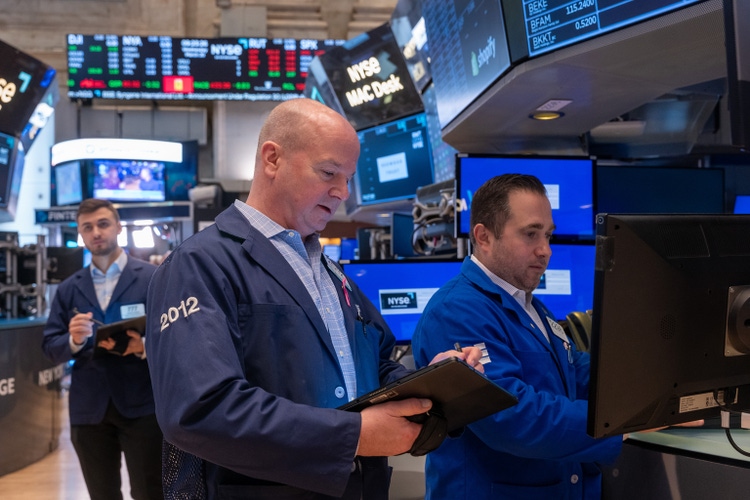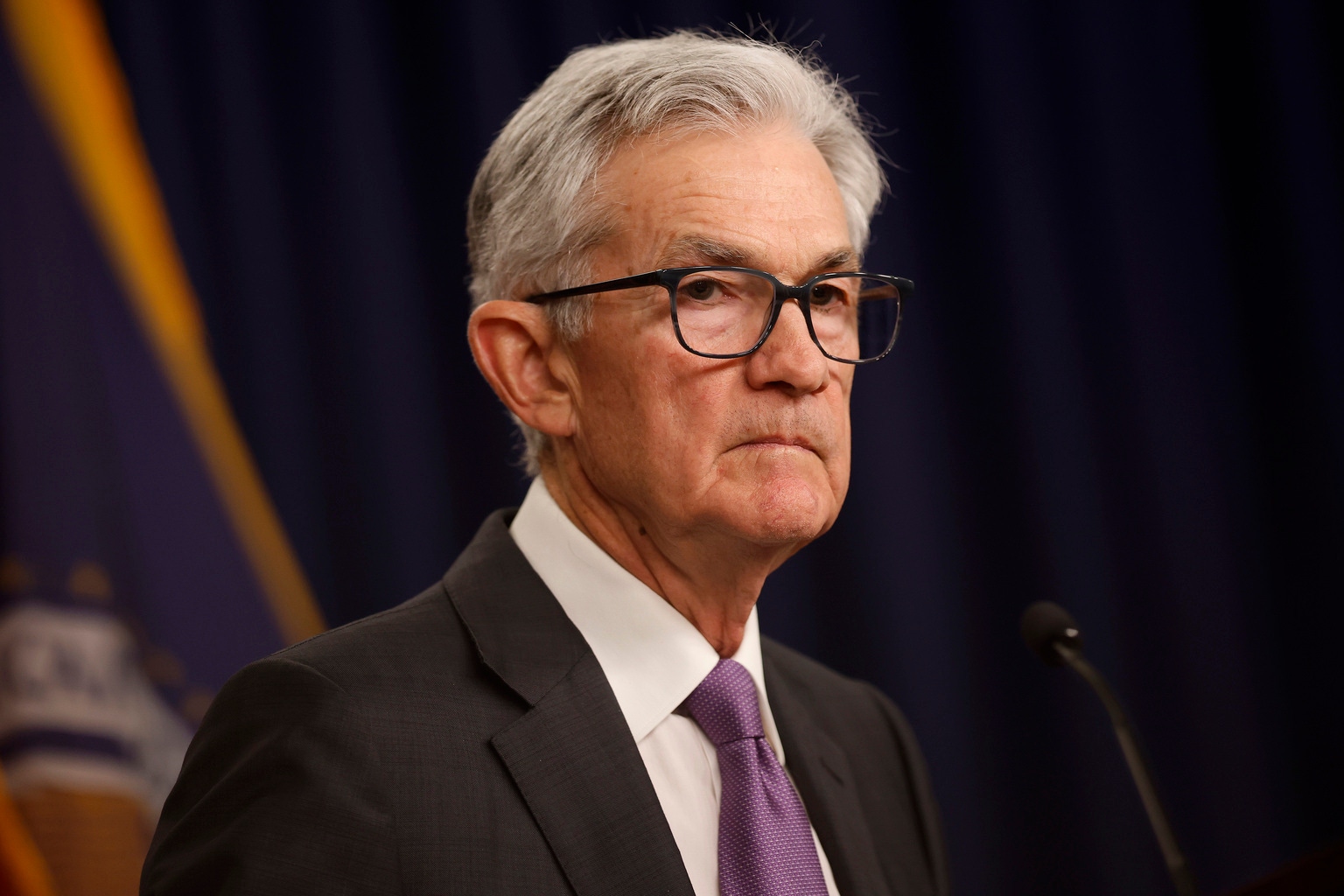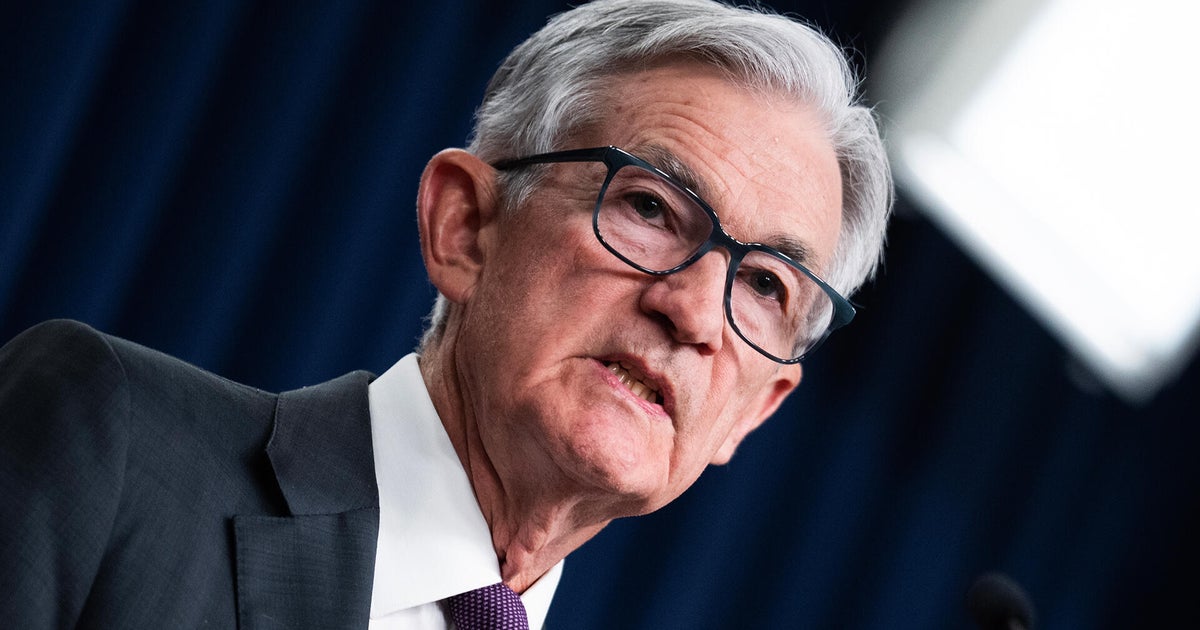T4K3.news
Federal Reserve forecasts inflation rise and slow growth for 2025
FOMC officials project core inflation to reach 3.1% in 2025 with economic growth slowing.

FOMC officials project core inflation to rise to 3.1% by 2025 amidst economic uncertainty.
Federal Reserve projections show rise in inflation rates
The Federal Reserve anticipates a rise in inflation, with the core personal consumption expenditures price index predicted to increase to 3.1% in 2025. This forecast comes amid concerns over trade policies and geopolitical tensions. In a recent meeting, Federal Open Market Committee participants noted a revision from their earlier estimate of 2.8%. Additionally, economic growth is expected to slow to 1.4% this year, a drop from the previous 1.7%. Fed Chair Jerome Powell highlighted the potential inflationary impact of tariffs, stressing that costs would likely be passed on to consumers. Amid these projections, the Fed's dot plot indicates a benchmark lending rate decrease to 3.9% by late 2025, with some members advocating for no cuts this year.
Key Takeaways
"Everyone that I know is forecasting a meaningful increase in inflation in coming months from tariffs because someone has to pay for the tariffs."
Powell explains how tariffs could increase inflation costs for consumers.
"The cost of the tariff has to be paid. And some of it will fall on the end consumer."
This highlights the direct impact of tariffs on consumer prices.
The Federal Reserve's latest projections reflect significant challenges in the current economic climate. With inflation expectations rising, driven in part by trade tensions, consumers may face increasing costs. Powell's remarks about the tariff impact highlight the broader economic implications that policymakers must navigate. The Fed's cautious approach to rate cuts also underscores the balancing act they face between supporting growth and preventing runaway inflation. As global uncertainties loom, these projections signal a more complex economic landscape ahead that will require close attention from both policymakers and consumers.
Highlights
- Tariffs often lead to higher consumer prices in the long run.
- Inflation expectations are rising, raising concerns for the economy.
- The Fed may cut rates, but risks remain high due to geopolitical tensions.
- Economic forecasts reveal significant uncertainty ahead.
Rising inflation and economic projections raise concerns
The Federal Reserve's projections indicate increased inflation rates and slowing economic growth, which could lead to public backlash amid concerns over tariffs and rising costs.
As the Federal Reserve navigates these economic challenges, the implications for consumers and businesses remain uncertain.
Enjoyed this? Let your friends know!
Related News
:max_bytes(150000):strip_icc()/GettyImages-2227723534-b867774a1c2d4a538a289a44bae02b57.jpg)
Stocks Decline as Powell Shares Outlook on Interest Rates

Weak July job numbers spark fears of economic slowdown

US economic indicators show slow growth

Keir Starmer to discuss steel tariffs with Donald Trump
Chief economist points to tariff-driven inflation peak

Stock futures rise as Fed confirms rate cut outlook

Federal Reserve keeps interest rates unchanged

Australia's inflation hits 2.1 percent in second quarter
